A State without the means of some change is without the means of its conservation
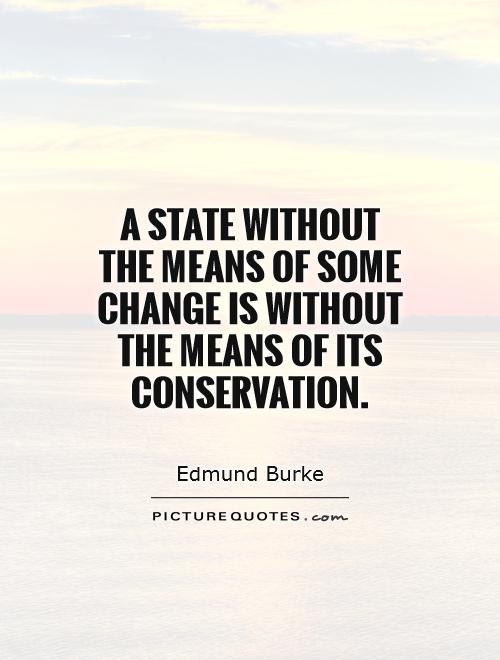
A State without the means of some change is without the means of its conservation
Edmund Burke, an Irish statesman and philosopher, is often regarded as one of the founding fathers of modern conservatism. His words have had a profound impact on political thought and continue to be relevant in today's society. One of his most famous quotes, "A State without the means of some change is without the means of its conservation," highlights the importance of adaptability and evolution in maintaining the stability and longevity of a society.Burke believed that change is inevitable and necessary for the preservation of a state. He argued that a society that remains stagnant and resistant to change will ultimately decline and face extinction. This idea is rooted in the concept of organic conservatism, which emphasizes the importance of tradition and gradual reform in maintaining social order and stability.
In the context of modern politics and governance, Burke's words serve as a reminder of the importance of balance between tradition and progress. While it is essential to preserve the values and institutions that have stood the test of time, it is equally important to adapt to changing circumstances and address the evolving needs of society. This principle is particularly relevant in today's fast-paced and interconnected world, where technological advancements and global challenges require constant adaptation and innovation.
Furthermore, Burke's quote underscores the idea that change should be approached with caution and prudence. He believed that radical and sudden transformations could lead to chaos and instability, undermining the very foundations of a society. Instead, he advocated for incremental and thoughtful reforms that build upon existing structures and traditions.


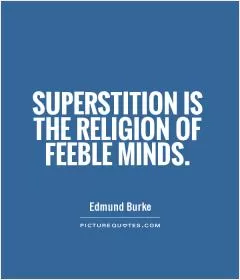


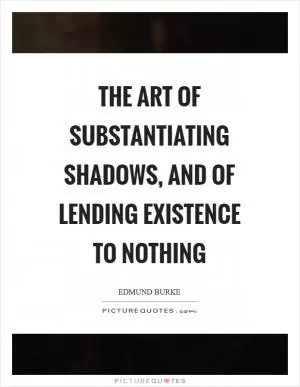



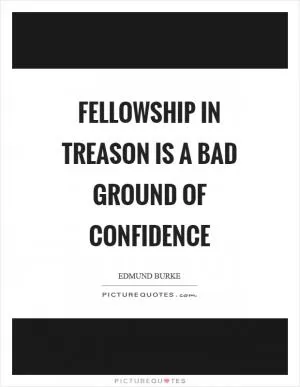

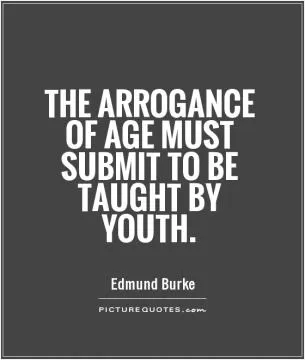
 Friendship Quotes
Friendship Quotes Love Quotes
Love Quotes Life Quotes
Life Quotes Funny Quotes
Funny Quotes Motivational Quotes
Motivational Quotes Inspirational Quotes
Inspirational Quotes